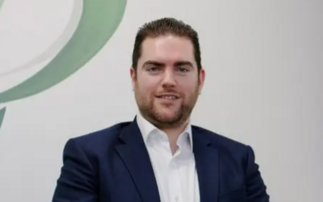Credit veteran Eddie Pacey recalls the time one of his system builder clients went bust
There is a tendency to dwell on events that may or may not shape the way in which one approaches credit management, particularly pivotal moments that some encounter which set the furrow and lead to...
To continue reading this article...
Join CRN
- Enjoy full access to channelweb.co.uk - the UK’s top news source for the IT channel
- Gain the latest insights through market analysis and interviews with channel leaders
- Stay on top of key trends with the Insider weekly newsletter curated by CRN’s editor
- Be the first to hear about our industry leading events and awards programmes
Already a CRN member?







